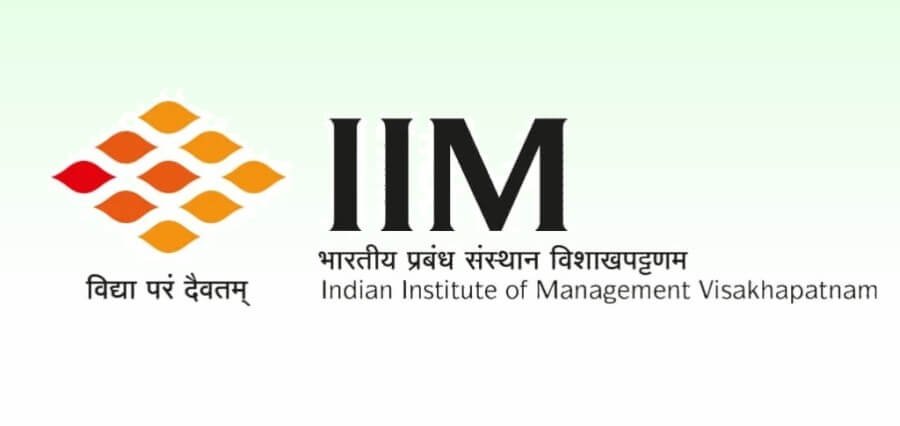Online schools in India are reshaping the educational landscape by significantly enhancing accessibility, particularly in regions where traditional schooling faces substantial challenges. These digital platforms are leveraging technology to bridge the educational gap between urban and rural areas, providing students with opportunities that were previously out of reach.
India’s conventional education system, especially in rural areas, is plagued by issues such as limited access to quality schools, long travel distances, overcrowded classrooms, and insufficient teaching resources. These barriers contribute to high dropout rates and create disparities in learning outcomes, with rural students often lagging behind their urban peers.
The rise of online schools has proven to be a game-changer in addressing these disparities. With the widespread availability of the internet and smartphones, students across India are now able to access a variety of educational resources from the comfort of their homes. Online schools offer flexibility that allows students to learn at their own pace, making education more personalized and accommodating for those balancing studies with other responsibilities.
These platforms provide a wealth of learning materials, including interactive lessons, virtual laboratories, recorded lectures, and real-time feedback from teachers. This diverse range of resources caters to different learning styles, making education more effective and engaging. Despite challenges like digital connectivity issues and limited digital literacy in some areas, online education is gaining popularity as more students and parents recognize its benefits.
The Indian government has played a crucial role in promoting online education through initiatives such as the Digital India campaign, which aims to improve internet infrastructure nationwide, and programs like SWAYAM, offering free online courses to students. State-level efforts are also supporting this shift, with local governments and tech companies collaborating to create region-specific digital content and train teachers in technology-driven teaching methods.
Online schools are not only transforming individual learning experiences but are also driving positive social and economic changes in rural communities. By making quality education more accessible, they are helping to improve literacy rates, educational outcomes, and overall community development. As online education continues to evolve, it promises to create a more inclusive and equitable educational environment across India.
Read More: https://educationviewindia.com/





